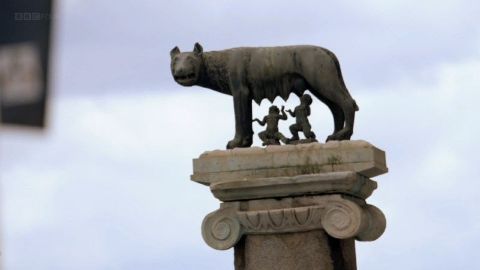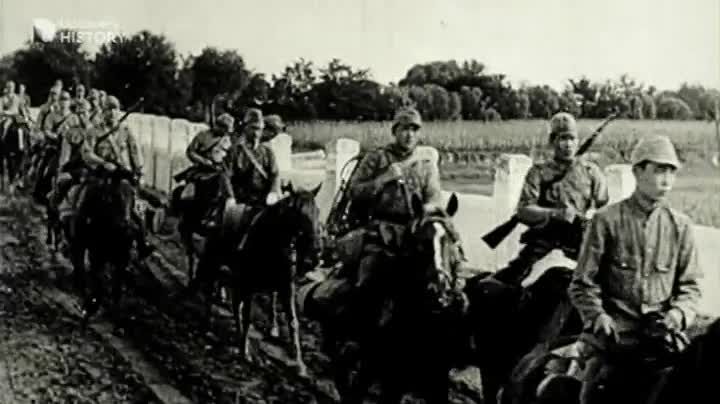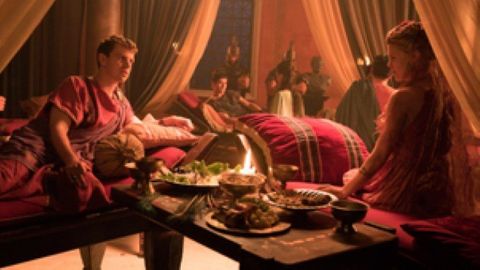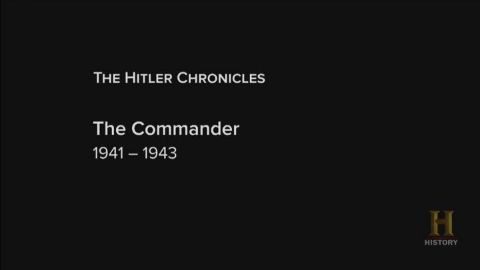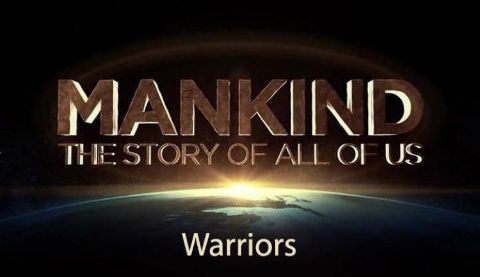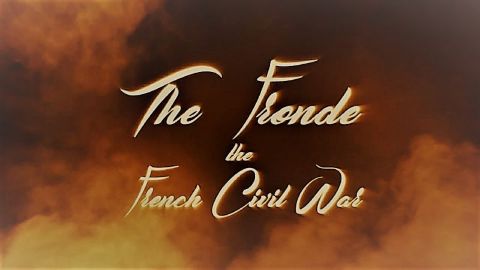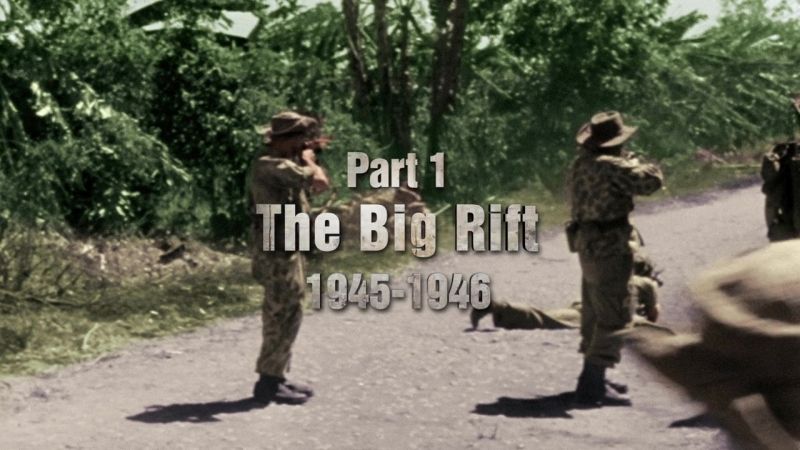Divine Gamble • 2012 • episode "S1E2" • Rome: A History of the Eternal City
Simon Sebag Montefiore charts the rocky course of Rome's rise to become the capital of western Christendom and its impact on the lives of its citizens, elites and high priests. Rome casts aside its pantheon of pagan gods and a radical new religion takes hold. Christianity was just a persecuted sect until Emperor Constantine took a huge leap of faith, promoting it as the religion of Empire. But would this divine gamble pay off?
Make a donation
Buy a brother a hot coffee? Or a cold beer?
Hope you're finding these documentaries fascinating and eye-opening. It's just me, working hard behind the scenes to bring you this enriching content.
Running and maintaining a website like this takes time and resources. That's why I'm reaching out to you. If you appreciate what I do and would like to support my efforts, would you consider "buying me a coffee"?
Donation addresses
BTC: bc1q8ldskxh4x9qnddhcrgcun8rtvddeldm2a07r2v
ETH: 0x5CCAAA1afc5c5D814129d99277dDb5A979672116
With your donation through , you can show your appreciation and help me keep this project going. Every contribution, no matter how small, makes a significant impact. It goes directly towards covering server costs.


